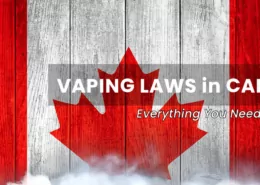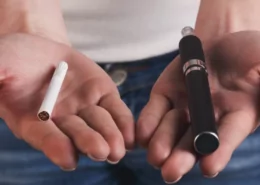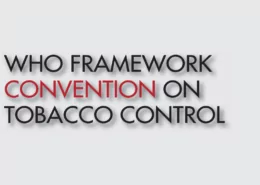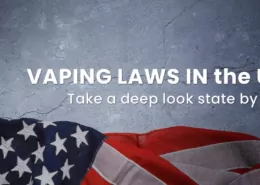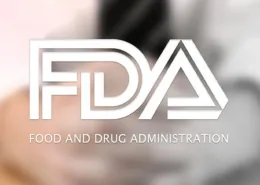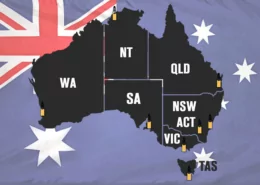Illinois Vape Ban in Public Spaces: Regulation vs Prohibition
Since joining the General Assembly, State Senator Julie Morrison has been on a mission to end tobacco use among teens. In 2019, she successfully passed a law that raised the state’s tobacco age limit to 21. After dedicating herself to fighting smoking, Morrison has shifted her focus to vaping.
The Smoke Free Illinois Act
The Smoke Free Illinois Act, established in 2007, prohibits smoking in public spaces and within 15 feet of entrances. At the time the law was enacted, the majority of people used combustible tobacco. Morrison now seeks to expand the Act to include vaping through Senate Bill 1561. Additionally, she implemented a measure last year to limit marketing tactics that appeal to minors.
Senate Bill 3854: Banning Flavored Vaping Products
In 2022, Senate Bill 3854 was introduced, aiming to ban flavored products, including THC vaping devices, heat-not-burn systems, and chewing tobacco products. Elizabeth Hicks, a U.S. Affairs analyst with the Consumer Choice Center, argued that implementing a flavor ban would merely drive former smokers back to smoking.
The Impact of Non-Tobacco Flavors on Smoking Cessation
Studies consistently show that adults who switch from smoking to vaping non-tobacco flavors are more likely to quit smoking than those who vape tobacco flavors. This evidence highlights the importance of flavored vaping products in smoking cessation strategies.
The Dangers of Flavor Bans
Dr. Konstantinos Farsalinos, a renowned smoking cessation expert and cardiologist, has long advocated for the inclusion of flavored nicotine products in smoking cessation strategies. He recently explained why these products are “instrumental” for smokers attempting to quit.
A Call for Regulation, Not Banning
Considering the scientific data supporting the use of flavors, lawmakers should focus on regulating these products rather than banning them. As Dr. Farsalinos suggests, “legislators should seriously take this into account, especially when they start considering the regulation of flavor in ENDS (electronic nicotine delivery systems).”
Conclusion
As Illinois considers a vape ban in public spaces, it is crucial to examine the potential impact on smoking cessation efforts. Banning flavored vaping products could be counterproductive, driving former smokers back to traditional cigarettes. Instead, lawmakers should focus on regulation and creating a safer environment for those attempting to quit smoking.
Frequently Asked Questions
- What is the Smoke Free Illinois Act? The Smoke Free Illinois Act is a law established in 2007 that prohibits smoking in public spaces and within 15 feet of entrances.
- What is Senate Bill 1561? Senate Bill 1561 is a proposed law that aims to expand the Smoke Free Illinois Act to include vaping.
- What is Senate Bill 3854? Senate Bill 3854 is a proposed law that seeks to ban flavored vaping products, including THC vaping devices, heat-not-burn systems, and chewing tobacco products.
- Why are flavored vaping products important for smoking cessation? Flavored vaping products are important for smoking cessation because they help smokers transition away from traditional cigarettes and increase the likelihood of quitting smoking successfully.
- What is the stance of smoking cessation experts on flavored vaping products? Smoking cessation experts like Dr. Konstantinos Farsalinos argue that flavored vaping products are instrumental for smokers trying to quit and should be regulated, not banned.
- The Debate Over Vape Flavors: Balancing Public Health and Harm Reduction - December 21, 2024
- RI Flavored Vape Ban Faces Federal Lawsuit Challenge - December 21, 2024
- UK Disposable Vape Ban 2025: Turning Point for Global Health - December 21, 2024


